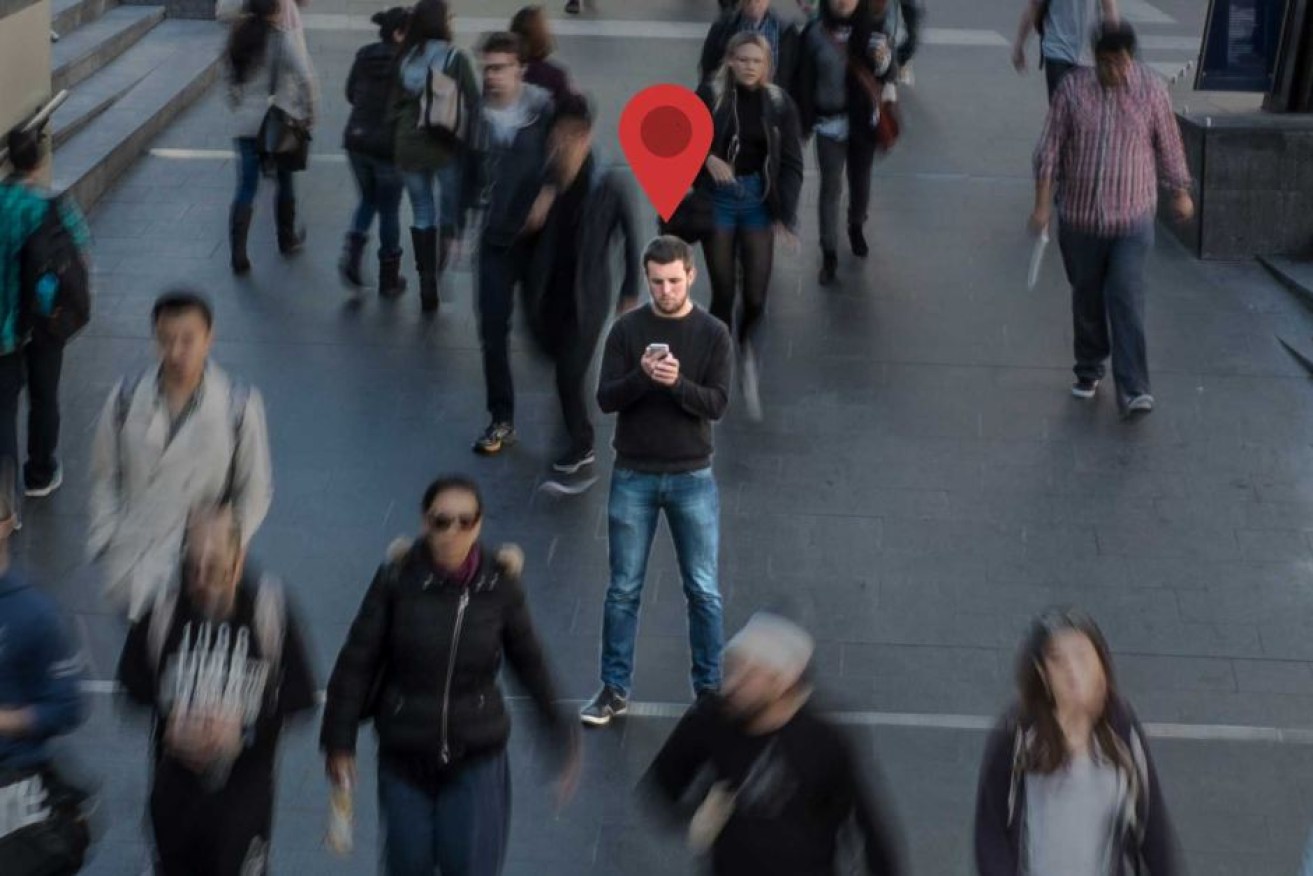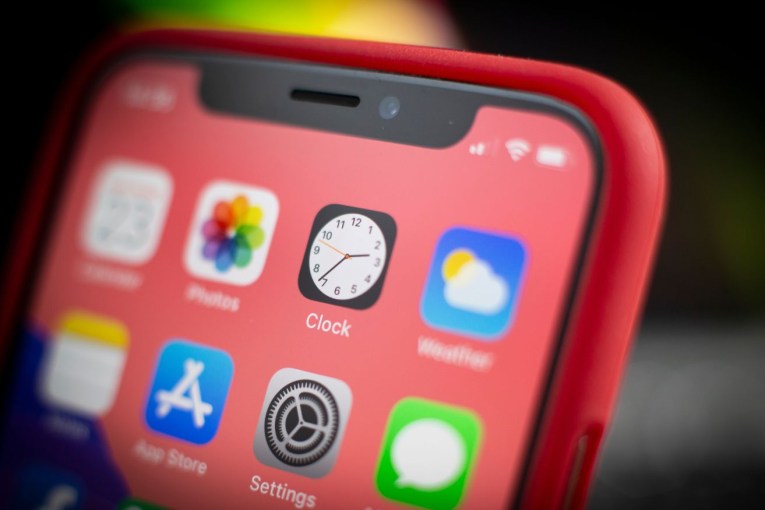Fighting crime on the taxpayer dime: Telcos share in $80m windfall

Telcos are taking in more than $80 million worth of taxpayer-funded grants to compensate for their role in national security. Photo: ABC
Australia’s three biggest telecommunications companies will share in more than $80 million worth of taxpayer-funded grants to compensate for their role in fighting crime and terrorism.
Telstra, Singtel Optus and Vodafone have claimed the largest share of payments in the first round of the Government’s “Data Retention Industry Grants Programme”.
The scheme will help 180 telcos, internet service providers, universities and other tech sector companies absorb the extra storage costs that come with new federal “metadata” laws passed last year.
The laws force firms to keep customer details and internet activity records for at least two years – and longer in some cases.
Payments are based on a formula taking into account the number of customers and services each firm has, but the government has not designed the scheme to fully cover all extra costs the legal regime imposes.
Government estimates prepared by PricewaterhouseCoopers put the “implementation costs” at $319.1 million while adding that those costs were “less than 1 per cent of the $43 billion in revenue generated by the telecommunications industry annually”.
The first round of payments awards:
| Telstra Corporation Ltd | $39,915,538 |
| Vodafone Hutchinson Australia Pty Ltd | $28,848,519 |
| Singtel Optus | $14,763,85 |
Telstra, Vodafone and Optus – along with 125 others – will each get half of their grants up front and the other half once they’ve “completed reporting requirements”.
Other significant payments greater than $1m include:
| BigAir Group Ltd | $1,042,666 |
| Broadband Solutions Pty Ltd | $2,201,006 |
| Exetel Pty Ltd | $1,803,778 |
| M2 Group Ltd | $1,618,436 |
| MNF Group | $3,004,000 |
| nbn co Ltd | $1,067,515 |
| The Summit Group (Australia) Pty Ltd | $1,032,000 |
| TPG Internet Pty Ltd | $1,410,960 |
| Vocus Fibre | $1,825,600 |
The companies have had to re-engineer their technical, billing and data storage systems because the government and its security agencies feared that an industry trend towards deleting valuable data was “… degrading the investigative capabilities of law enforcement and security agencies and, in some cases, has prevented serious criminals from being brought to justice”, according to the Attorney-General’s department.
Metadata to be stored for the life of an account, or for up to two years after it is closed, is broadly defined as the “who, when, where and how” of digital communication, but not the content (the “what”) of the message.

New laws force firms to keep customer details and internet activity records for at least two years. Photo: AAP
It may include phone numbers of people talking to each other, the time they spoke, email addresses and the Internet Protocol (IP) address allocated to an internet account or service.
In announcing the grants, Attorney-General George Brandis maintains “communications data is used in nearly every counter-terrorism, counter-espionage and major crime investigation”.
Extracting federal support for their extra data security costs was a central part of negotiations between telcos and the ISP industry in a turbulent period when the metadata laws were first foreshadowed in 2014.
As then communications minister Malcolm Turnbull had played a role in launching industry negotiations which were later fine-tuned by government officials and a working group.
-ABC








